Implementation of social science research approaches
Module 4
In this module
This module contains ten sessions which focus on qualitative, quantitative and mixed-method data collection and analysis methods, in addition to community feedback mechanisms using the techniques learned for these methodologies. The first four sessions in this module: (Session 4.1) covers how to plan and roll-out social science research, (Session 4.2) analyse the differences between quantitative and qualitative approaches and how and when they can best be applied, and (Session 4.3) detail specific quantitative , and (Session 4.4) qualitative data collection approaches and tools. The next two sessions: (Session 4.5) detail quantitative, and (Session 4.6) qualitative approaches to analyse data in operational social science research. The next two sessions: (Session 4.7) provide an overview of the benefits of applying a mixed methods approach, and (Session 4.8) teach how to triangulate social science data with other types of relevant evidence. Finally, the remaining two sessions: (Session 4.19) focus on how to design and collect data using a community feedback mechanism, and (Session 4.10) how to consolidate and analyse community feedback data.
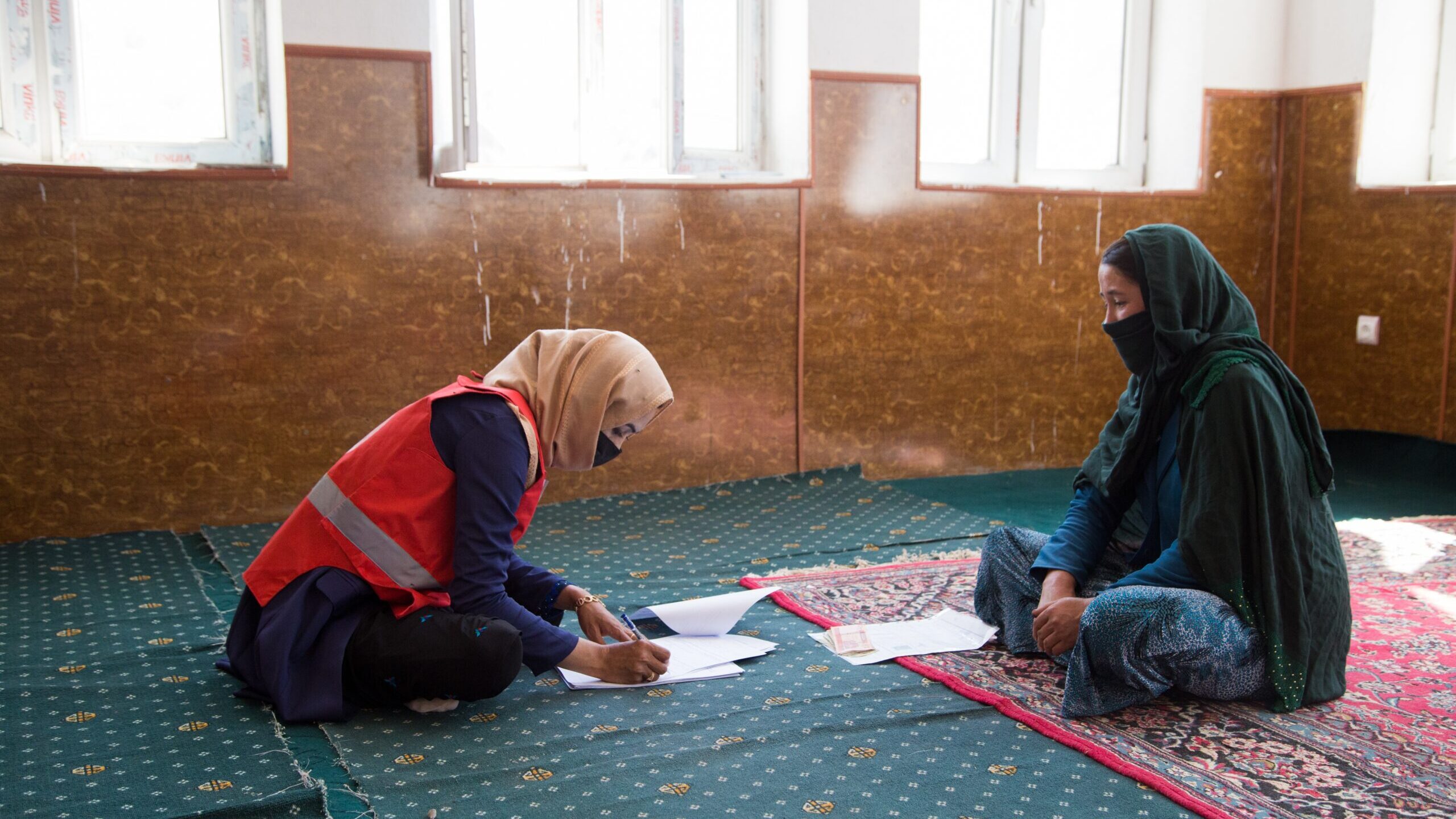
4.1
Localised research: Designing operational social science research that is responsive to communities
Content
This session covers how to plan and roll-out social science research that brings in local knowledge and expertise and puts communities’ knowledge, capacities and needs at the centre.
Learning outcomes:
- Know how to plan and design social science research that is responsive to communities
- Understand the roles that affected communities should play in the different stages of social science research
Duration: 110 minutes
Materials
Additional materials
4.2
Quantitative and qualitative approaches to generate data in operational social science research
Content
This session lays out the differences between quantitative and qualitative approaches to collecting and analysing socio-behavioural data and the strengths and weaknesses of both of these approaches. It guides participants on when to apply these types of methods, including to which sorts of research questions.
Learning outcomes:
- Know the difference between qualitative and quantitative data collection approaches to social science research
- Know when to apply these different approaches, including to which types of research questions
Duration: 90 minutes
Materials
Additional materials
4.3
Quantitative data collection methods: Rapid needs assessment (RNA) surveys, and knowledge, attitudes and practice/perceptions (KAP) surveys
Content
This module gives an overview of how to apply quantitative approaches, specifically knowledge, attitudes, practice/perceptions (KAP) surveys to collect data for community engagement and/or communications activities and wider humanitarian response actions
Learning outcomes:
- Be familiar with different quantitative data collection survey methods used by social scientists and relevant to community engagement and/or communications activities
- Understand the key steps for the use of knowledge, attitudes, practice/perception (KAP) surveys
Duration: 100 minutes
Materials
Additional materials
4.4
Qualitative data collection methods: In-depth interviews, observations, and focus group discussions
Content
This session focuses on qualitative approaches to collecting data that is relevant to community engagement and/or communications activities. Specifically, it covers in-depth interviews, structured and informal observations and focus group discussions.
Learning outcomes:
- Become familiar with the range of different qualitative data collection tools that can be useful for community engagement and/communications activities
- Be able to apply certain qualitative data collection methods
Duration: 140 minutes
Materials
Additional materials
4.5
Quantitative data analysis in operational social science research
Content
This session gives an overview of how to apply quantitative approaches to analyse data in operational social science research.
Learning outcomes:
- Know how to analyse data collected with quantitative tools such as Knowledge, Attitudes and Practice/Perceptions (KAP) surveys using descriptive statistics.
- Know the different inferential statistics that might be helpful to apply to this type of data
Duration: 120 minutes
Materials
Additional materials
4.6
Qualitative data analysis in operational social science research
Content
This session aims to improve knowledge around the tools and steps to analyse qualitative data in operational social science research.
Learning outcomes:
- Understand the steps to analyse data collected with qualitative methods like interviews, observations and focus group discussions.
Duration: 110 minutes
Materials
Additional materials
4.7
Mixing different methods to produce quality evidence to inform action
Content
This session teaches the value and benefits of applying mixed methods approaches.
Learning outcomes:
- Understand the value of a mixed methods approach
- Know different ways of conducting a mixed methods approach
Duration: 90 minutes
Materials
Additional materials
4.8
Triangulation of data: Why is it important and how does it work?
Content
This session teaches how to triangulate social science data with other types of data to generate evidence relevant to community engagement and/or communications activities.
Learning outcomes:
- Know the importance of data triangulation
- Understand the steps of triangulating different forms and sources of data
Duration: 80 minutes
Materials
Additional materials
4.9
Community feedback mechanism: Design and data collection
Content
This session focuses on the application of qualitative approaches to design and manage a community feedback mechanism. It introduces community feedback and explains its role in a response, and describes how to set up and collect community feedback data using examples from the Red Cross. This session links the IFRC Community Feedback Kit to the social science operational research context.
Learning outcomes:
- Become familiar with community feedback data and its role in public health emergency responses
- Be able to describe or set up a simple feedback system
- Become familiar with methods to collect community feedback
Duration: 150 minutes
Materials
Additional materials
4.10
Community feedback mechanism: Consolidation and analysis
Content
This session focuses on the application of qualitative approaches to manage a community feedback mechanism. It describes community feedback consolidation, referral and analysis using examples from the Red Cross. This session links the IFRC Community Feedback Kit to the social science operational research context.
Learning outcomes:
- Become familiar with open and structured feedback data and how it is analyzed
- Become familiar with methods to organise and analyse community feedback
- Understand when feedback is of a critical or sensitive nature
Duration: 115 minutes
Materials
Additional materials
Modules
The training modules were developed to address key social science competency domains for those working in community engagement and/or communications related fields. Each module is made up of multiple sessions. Each individual session has a specific focus and learning outcome, which relates directly to the competency statement developed for each domain.

Guidance for delivering training
0
1
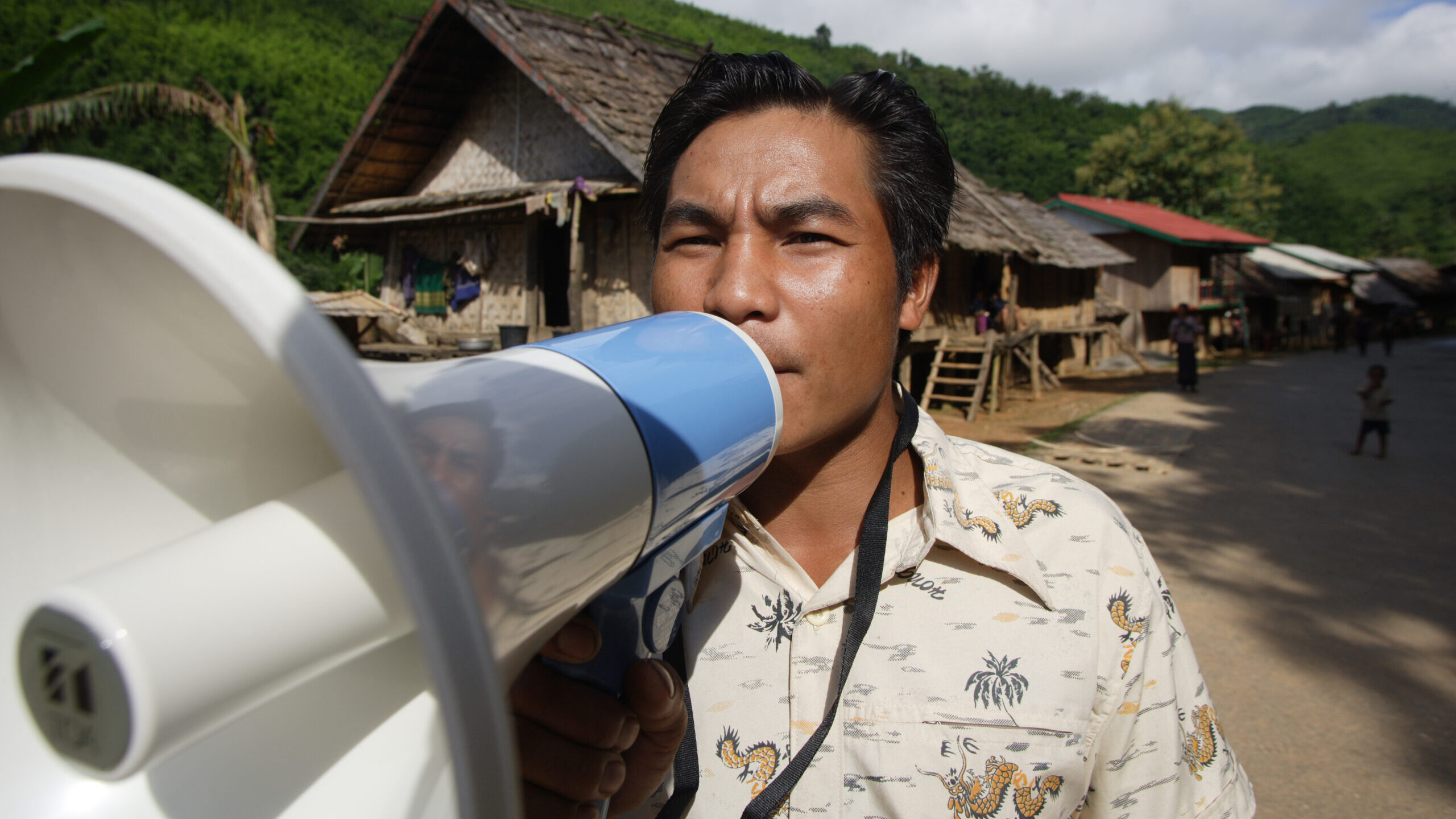
Social Science in humanitarian action and health emergencies
2
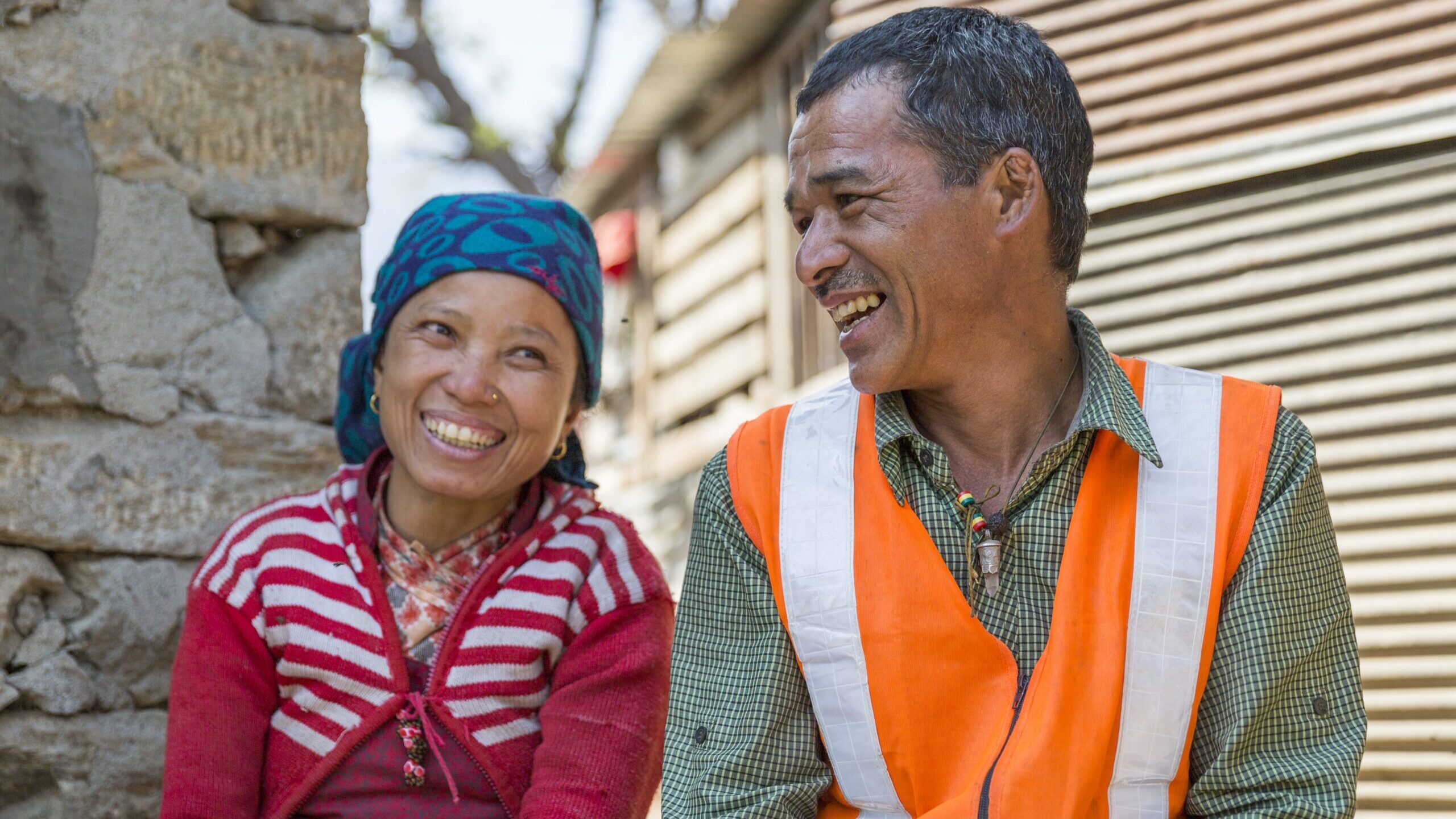
Context analysis and behavioural drivers and barriers
3
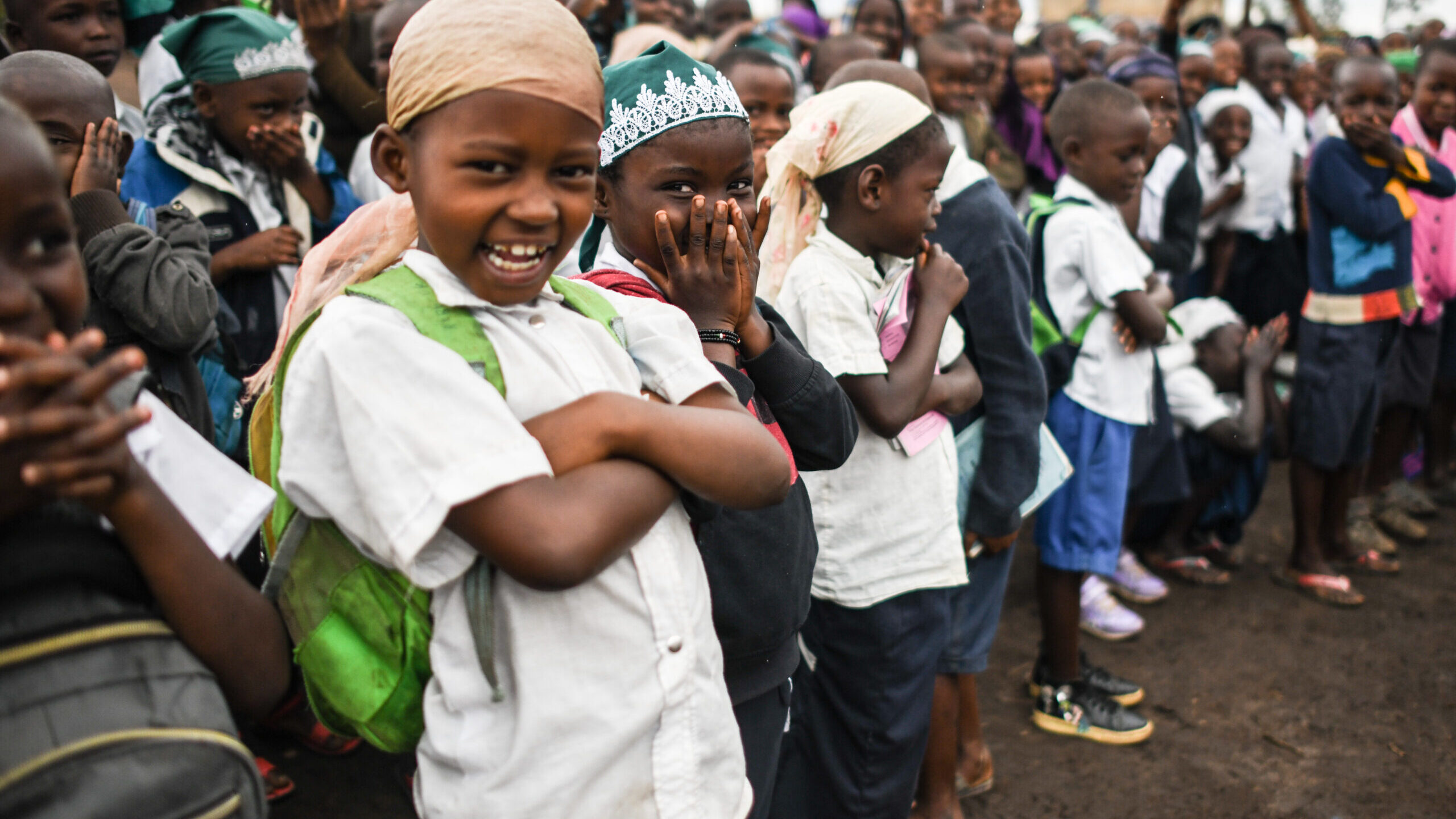
Ethics in operational research
4

Implementation of social science research approaches
5
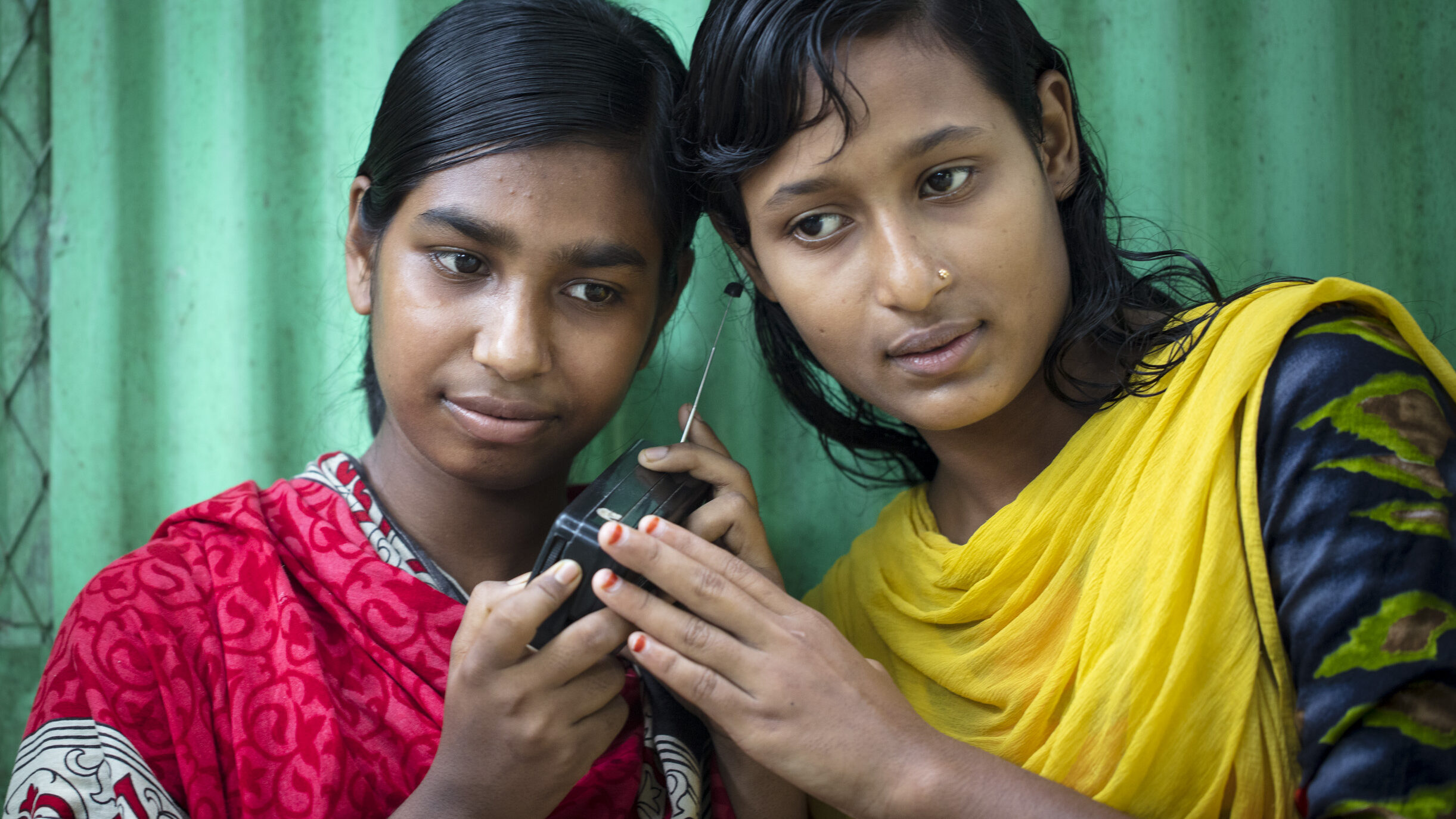
Evidence synthesis, interpretation and dissemination
6
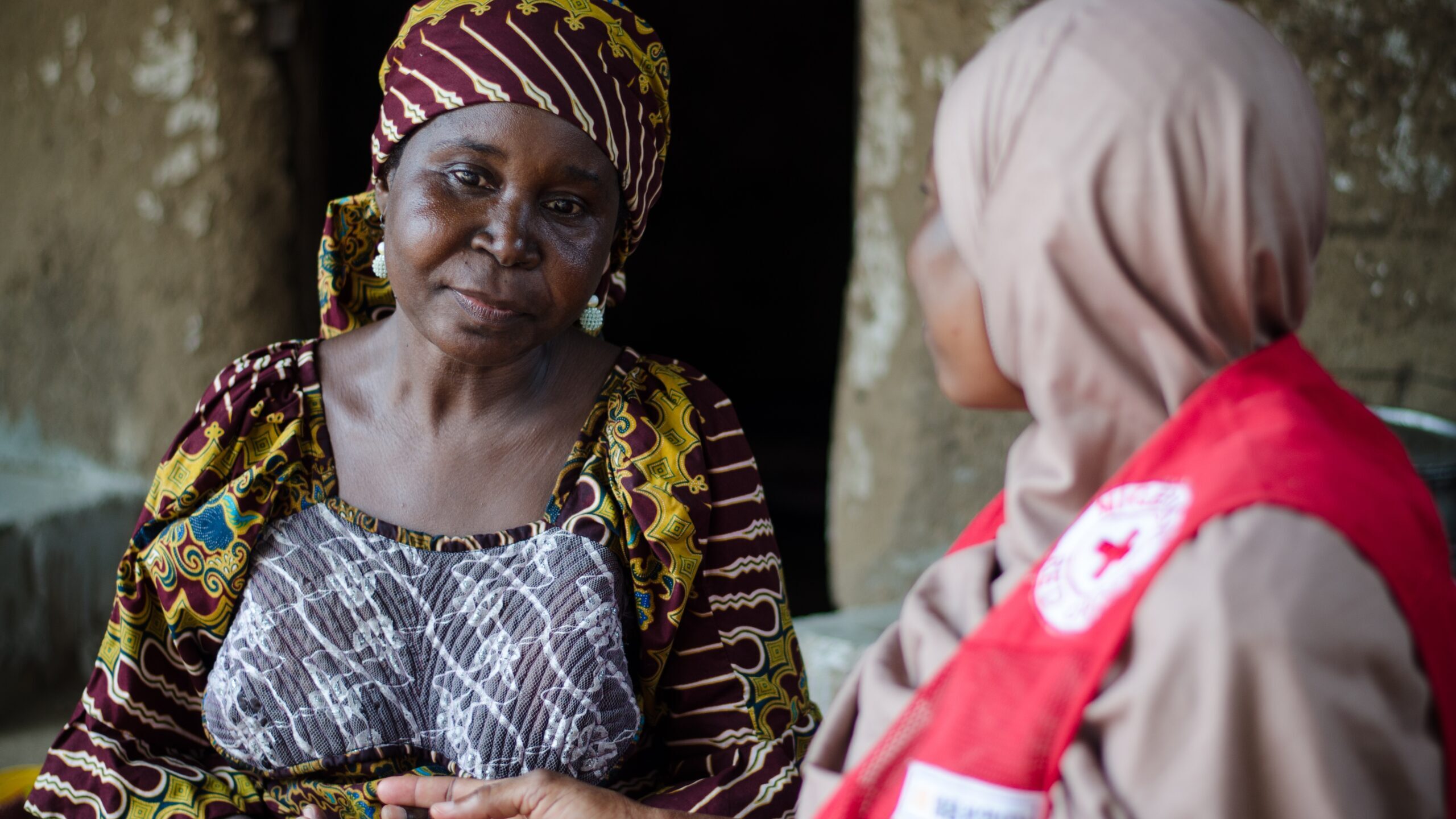
Translating knowledge to action
7
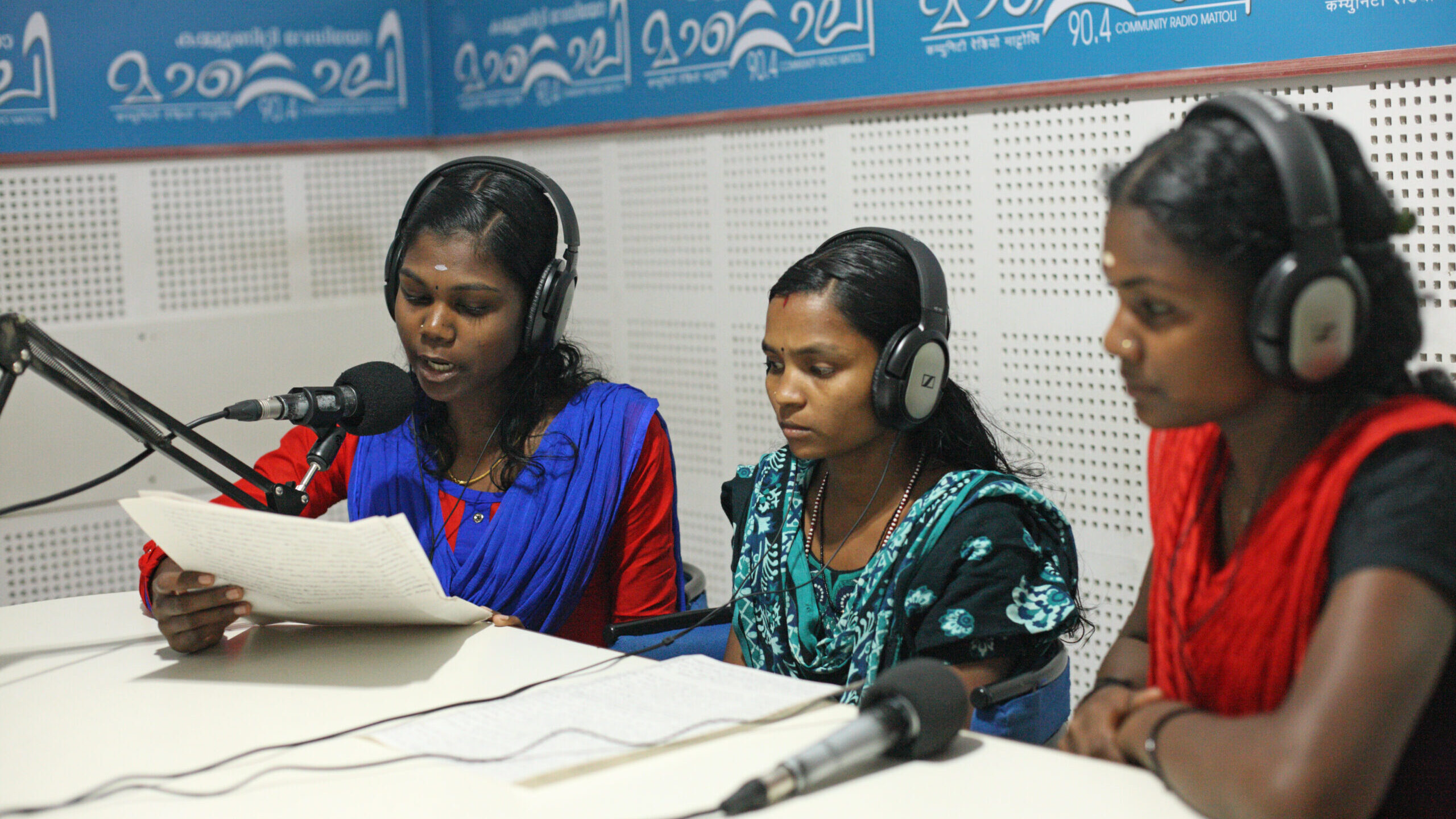
Tracking the uptake of socio-behavioural evidence
Contact
Maureen McKenna
Global Coordinator
The Collective Service
Acknowledgement
Development of this training package was led by Anthrologica for the Collective Service. The content was co-produced with partners from the Social Science in Humanitarian Action Platform (SSHAP), the Institute of Development Studies (IDS), Translators Without Borders (TWB), Médecins Sans Frontières (MSF), London School of Hygiene and Tropical Medicine (LSHTM), the International Federation of Red Cross and Red Crescent Societies (IFRC), the Rapid Research Evaluation and Appraisal Lab (RREAL) at University College London (UCL), UNICEF’s Social Science Analytics Cell (CASS), UNICEF’s Social Science for Community Engagement (SS4CE) team, the Centers for Disease Control (CDC), Oxfam and READY at Johns Hopkins University (JHU). Sincere thanks are also extended to the United Nations Volunteers (UNVs) who assisted with reviewing translated materials.

